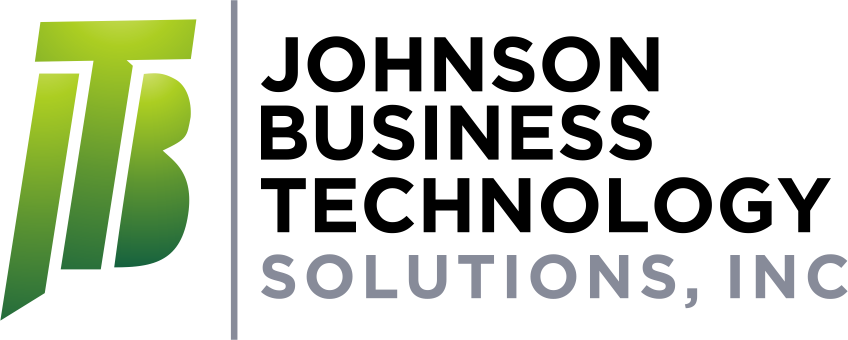November 03, 2025
Last December, an accounts payable clerk at a mid-sized firm received a suspicious text supposedly from her "CEO": Buy $3,000 in Apple gift cards for clients, scratch off the codes, and email them. It seemed unusual, but the message came from the boss's name during the hectic holiday period. By the time she verified, the scammer had already cashed out, and the company suffered a significant loss.
While this scam was painful, others inflict far greater damage. That same month, Orion S.A., a Luxembourg chemical manufacturer, was duped by a more sophisticated scheme. An employee got emails that appeared like typical wire transfer requests from trusted partners, seeming urgent and consistent with normal operations. Acting quickly, the employee completed several transfers as directed.
The devastating outcome? Cybercriminals walked away with sixty million dollars—over half the company's yearly profits—through fraudulent wire transfers.
If you assume your small business is too insignificant to be targeted, think again. Gift-card scams alone cost businesses more than $217 million in 2023, and 73% of cyber incidents in 2024 were business email compromise attacks. The holiday season is a prime hunting ground because your team is often distracted, stressed, and managing increased transactions.
5 Must-Know Holiday Scams That Could Drain Thousands From Your Business
1. "Your Boss Needs Gift Cards" Scam (The $3,000 Text Trap)
- The Scam: Fraudsters impersonate company leaders, pressuring employees to buy gift cards for so-called "clients" or "employee rewards." In Q1 2024, gift-card scams accounted for 37.9% of business email compromise cases.
- How to Prevent: Enforce a strict no-gift-card purchase policy without dual approvals. Train your team that executives will never request gift cards through texts.
2. Invoice & Payment Diversions (The Big Money Heist)
- The Scam: Scammers send "updated banking info" or hijack vendor email trails near billing deadlines. In June 2024, Arlington, MA lost nearly $500,000 due to this tactic.
- How to Prevent: Always verify banking changes by calling a trusted number—not the one provided in the email. Institute a mandatory "phone call rule" for financial changes over $5,000.
3. Fake Shipping & Delivery Notifications
- The Scam: Phishing emails or texts impersonate UPS, FedEx, or USPS with links to "reschedule delivery."
- How to Prevent: Train employees to navigate directly to the carrier's website instead of clicking links. Bookmark official tracking pages to avoid phishing.
4. Malicious Holiday Party Attachments
- The Scam: Emails claiming to include "Holiday_Schedule.pdf" or "Party_List.xls" that release malware upon opening.
- How to Prevent: Block macros, scan all attachments, and encourage employees to confirm unexpected files before opening.
5. Fraudulent Holiday Fundraisers
- The Scam: Phishing websites mimic charities or invent fake "company match" campaigns to steal donations or data.
- How to Prevent: Distribute an approved charity list and require donations to pass exclusively through official channels.
Why These Scams Succeed—And How You Can Defend Against Them
Scammers exploit everyday business tools like email, online banking, and digital payments. These attacks are far from crude "Nigerian prince" emails; they combine social engineering and in-depth research on your company.
Firms that conduct regular phishing simulations cut their risk by 60%, yet many small businesses don't train their staff. Multifactor authentication stops 99% of unauthorized accesses, but many still rely only on passwords.
Your Essential Holiday Security Checklist
Prepare your business for holiday safety with these measures:
- Two-Person Rule: Require verbal approval via separate communication channels for transactions exceeding a set limit.
- Gift Card Policy: Clearly ban gift card purchases through emails or texts.
- Vendor Verification: Always confirm payment or banking changes by phone using pre-existing contact information.
- Multifactor Authentication: Activate MFA for all email, banking, and cloud accounts.
- Holiday Awareness: Educate your team on these five scams using real-life examples to heighten vigilance.
The True Toll Goes Beyond Finances
Orion's $60 million loss made headlines, but hidden repercussions often hit small businesses even harder:
- Halted operations during peak sales season
- Lost productivity as teams focus on recovery efforts
- Diminished customer trust if sensitive client information is leaked
- Increased insurance premiums following cyber incidents
The average business email compromise loss is $129,000, enough to shutter many small businesses at the worst time of year.
Protect Your Holidays: Keep Them Joyful, Not Disastrous
Holidays should focus on growth and celebration, not crisis management due to wire fraud. A quick team briefing, clear policies, and layered security steps can keep cybercriminals far from your finances.
Remember, a simple verification call could have prevented Orion's $60 million loss. With the right awareness and easy safeguards, your business can sidestep becoming the next scary headline.
Ready to secure your team before the New Year? Click here or call us at 615-989-0000 to schedule a 15-Minute Discovery Call where we share practical, fast strategies to shield your business. Don't let cybercriminals steal your holiday cheer—the best gift you can give your company this season is peace of mind.





